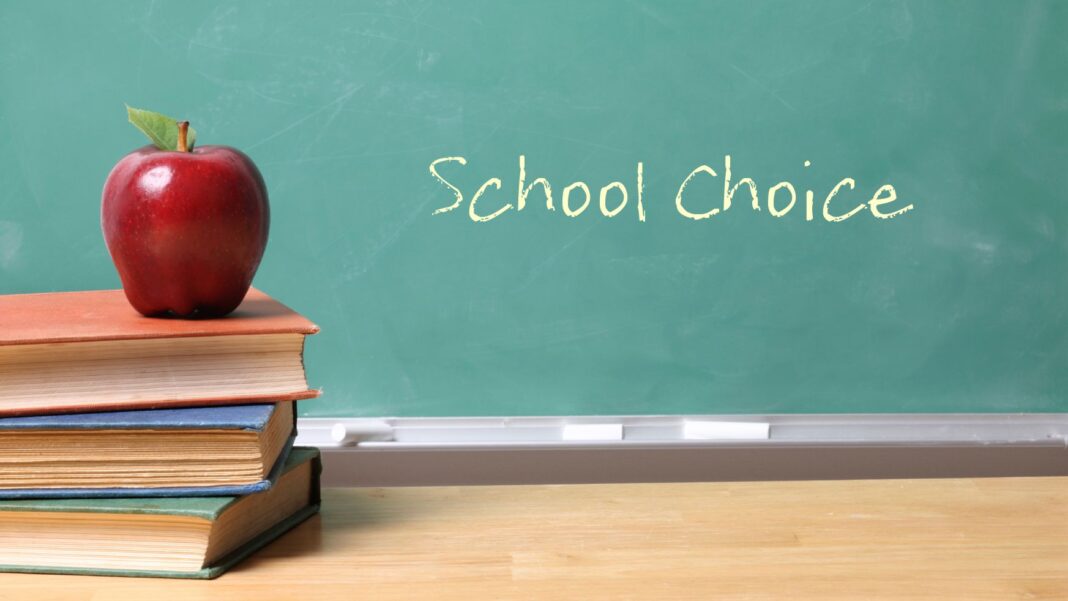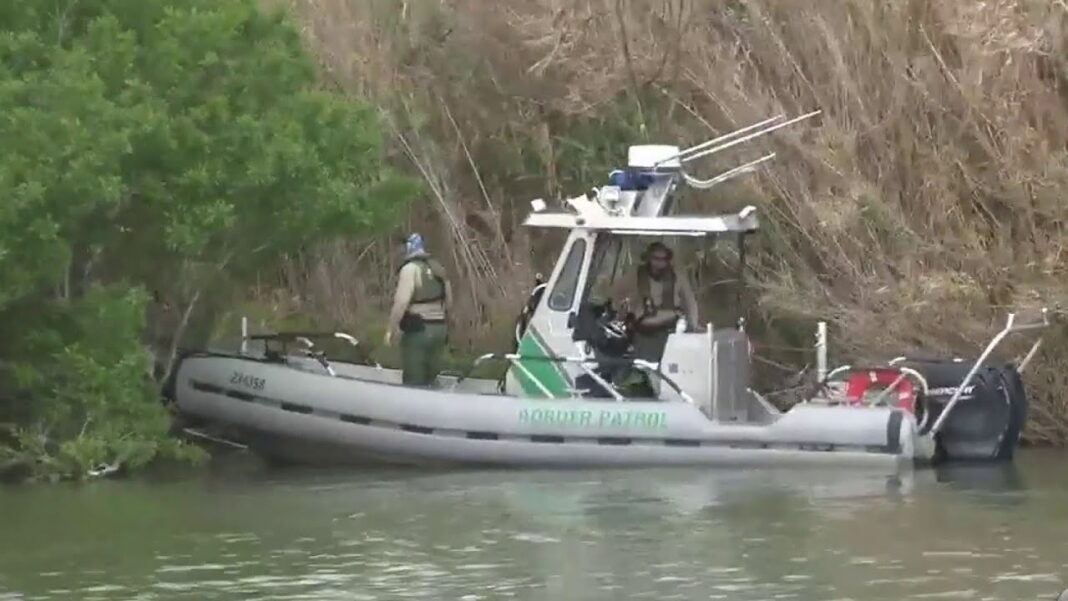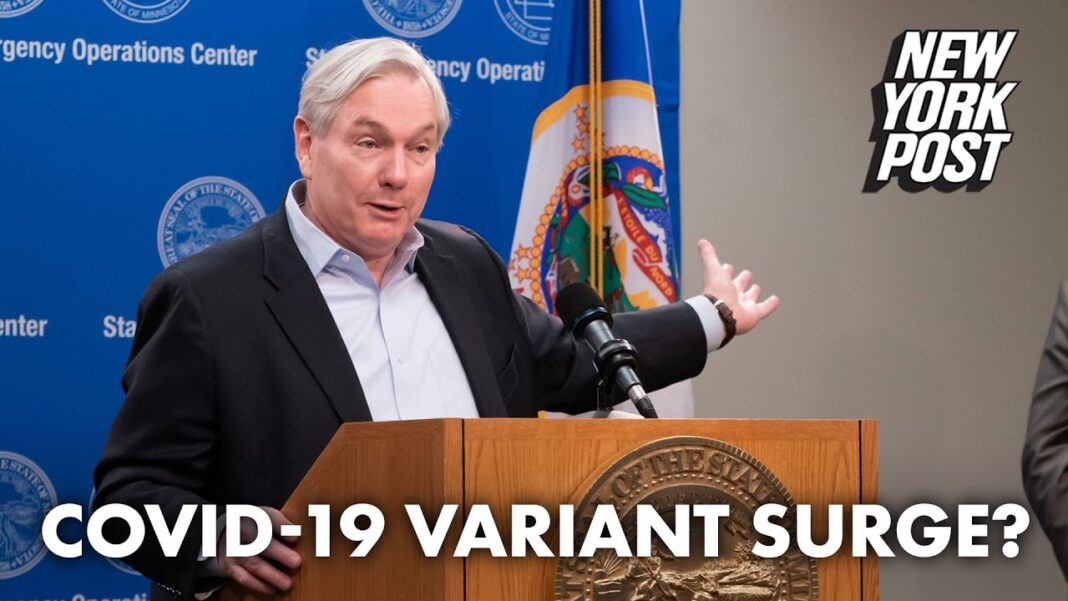Key Takeaways
- The events of the last year have demonstrated to many families that public schools are not always the reliable institutions many thought they were.
- In response to these disappointments, multiple state legislatures are undertaking one of the biggest expansions of school choice in history.
- In addition to these nine states, dozens of other are considering measures to expand education freedom and opportunity to students.
School districts are slowly beginning to reopen in-person instruction after being closed for nearly a year—or, in many places, for over a year. While this is a wonderful development, it will never erase what parents experienced last year: uncertainty, inconsistency, and, in some cases, ineptitude from public schools.
The events of the last year have demonstrated to many families that public schools are not always the reliable institutions many thought they were. It also opened their eyes to just how powerful the teachers unions are, and revealed what many already suspected: that their modus operandiis not to support teachers who want to teach but to score political wins.
Thankfully, in response to these disappointments, multiple state legislatures are undertaking one of the biggest expansions of school choice in history. Here are some states to watch:
West Virginia. On March 29, West Virginia Gov. Jim Justice signed into law the most expansive school choice program in the country, a nearly universal option for education savings accounts.
This is monumental. It is the nation’s first universal education savings account program open to all children in the state. Students who choose to participate in the education savings account option will receive 100% of what the state would have spent on their education in their prior public school—or approximately $4,600 per year—which they can then use to pay for private school tuition, online learning, private tutoring, and a variety of other education services, products, and providers.
All incoming kindergarteners will be eligible for an education savings account, as will all first through 12th graders, with the condition that they have previously been enrolled in a West Virginia public school for 45 days.
Kentucky. Kentucky followed suit this week with the legislature overriding Gov. Andy Beshear’s veto of a bill to create the Bluegrass State’s first school choice program—a tax-credit-funded education savings account.








